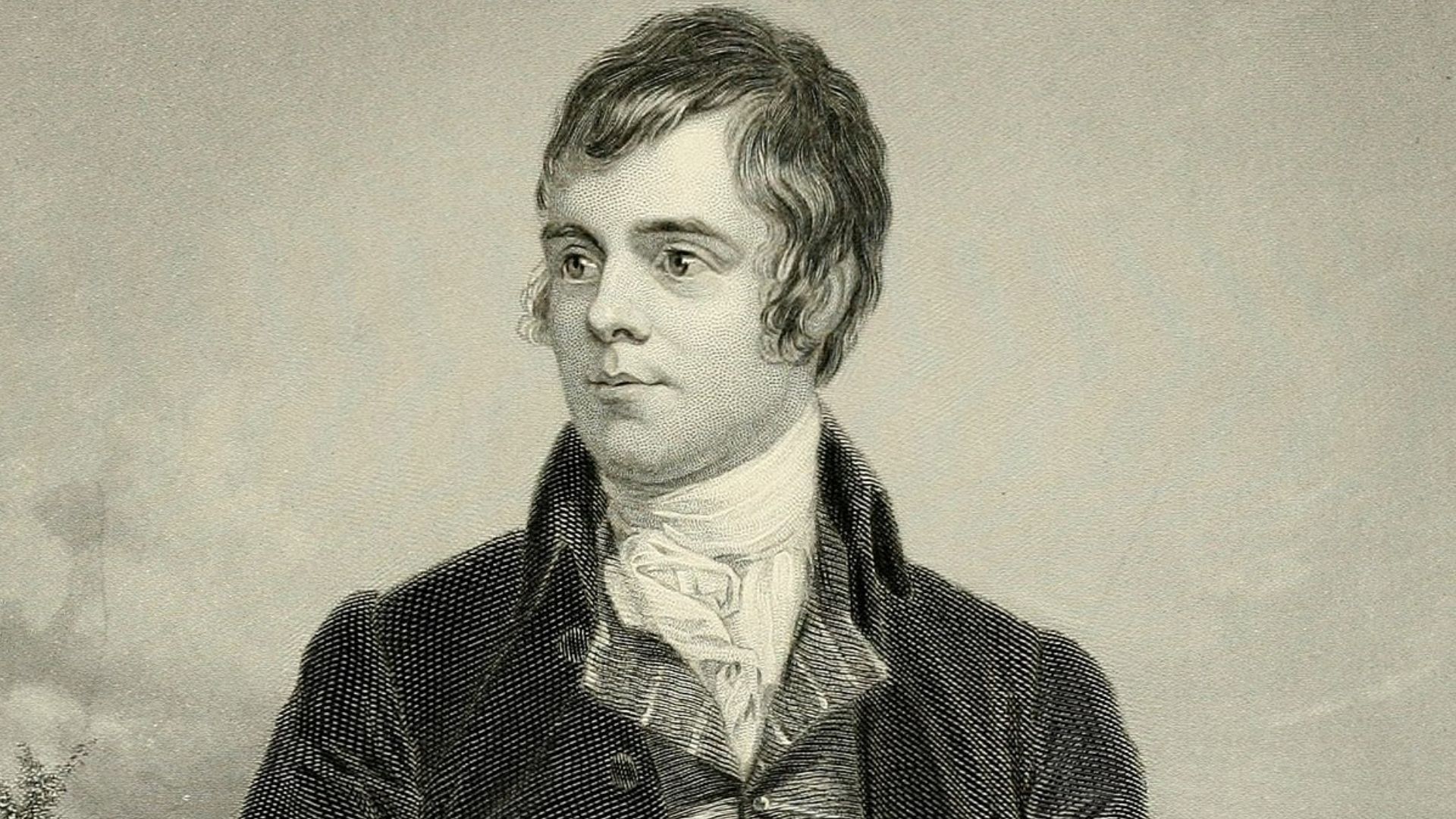A Winter Night Poem by Robert Burns
A Winter Night
When biting Boreas, fell and doure,
Sharp shivers thro' the leafless bow'r;
When Phoebus gies a short-liv'd glow'r,
Far south the lift,
Dim-dark'ning thro' the flaky show'r,
Or whirling drift:
Ae night the storm the steeples rocked,
Poor Labour sweet in sleep was locked,
While burns, wi' snawy wreeths upchoked,
Wild-eddying swirl,
Or thro' the mining outlet bocked,
Down headlong hurl.
List'ning, the doors an' winnocks rattle,
I thought me on the ourie cattle,
Or silly sheep, wha bide this brattle
O' winter war,
And thro' the drift, deep-lairing, sprattle,
Beneath a scar.
Ilk happing bird, wee, helpless thing!
That, in the merry months o' spring,
Delighted me to hear thee sing,
What comes o' thee?
Whare wilt thou cow'r thy chittering wing
An' close thy e'e?
Ev'n you on murd'ring errands toil'd,
Lone from your savage homes exil'd,
The blood-stain'd roost, and sheep-cote spoil'd
My heart forgets,
While pityless the tempest wild
Sore on you beats.
A definition of some of these words is needed to get the whole poem. It is a masterful poem. It is in a dialect, but then what poem written in English is not! I must admit to being a little emotionally lost at the end, there am I (with Burns in feeling) in a warm room feeling for the sheep etc in the storm - but is that it? Is Burns saying that the plight of these animals is unavoidable?
Doing a little search, I found that, apparently, there are several more stanzas to this poem. If it that is correct, a proper analysis of the theme of this would not be possible.
This poem is beautiful and shows some rare qualities of genius in it's writer. For instance, Burns gives an abstract idea the human verb of sleep, solidifying something that could never be solid. Then, in likening winter to war, he describes natural weather and natural phenomenon in not only a unique way, but a very human way as well. Finally, he gives unusual notice of the small simple things and captures the uncertainty of them in his questioning of the bird. He sets mood through the use of sister words like 'biting, ' 'shivers, ' and 'dark' in the beginning, and unites this mood at the end of his work with the language such as 'tempest, ' 'pitiless, ' ans 'sore.' Through there traits, this poem teaches us a great deal about well-balanced poetry and truly genius work.
FINAL: The speaker expresses concern for the plight of birds and animals struggling to survive in the harsh conditions.
I have commented this poem last August 2024, I shall respond again in short: The poem captures the bleakness of the weather and its impact on humans and animals. The winter storm shakes buildings, traps people indoors, and threatens livestock.
THREE: and animals struggling to survive in the harsh conditions. A very touching poem
TWO: The winter storm shakes buildings, traps people indoors, and threatens livestock. The speaker expresses concern for the plight of birds
ONE: The poem captures the bleakness of the weather and its impact on humans and animals.
This poem has not been translated into any other language yet.
I would like to translate this poem
Indeed this poem is written by a wizard of poesy, and it takes a wizard analyst to analyze it.... Whao strikes most is the brevity and dexterity so far displayed in this piece of poesy. Though i wouldn't fail to mention that the vigour of winter breeze is seriously felt, even though i wasn't there. It is eve running through me now. I'm afraid if such wind comes now our glass windows will be bashed.